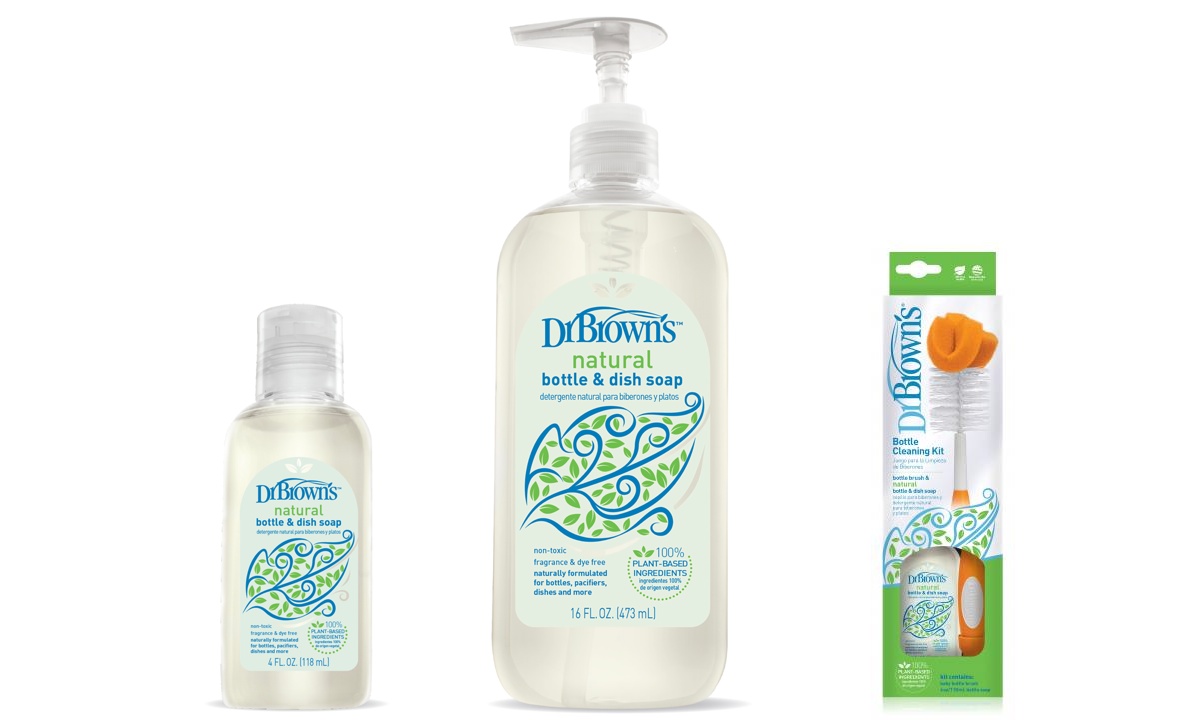Soap has one job. It’s supposed to help clean things. Instead, Dr. Brown’s soap, which is marketed as “natural” and sold for use on dishes and baby bottles, has been recalled because it may be contaminated with bacteria. [More]
baby bottles
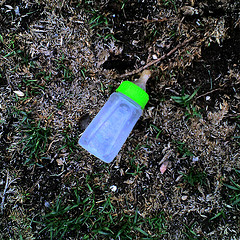
Oregon Lawmakers Cool With BPA In Baby Bottles
Most people seem to agree that baby bottles that include the chemical BPA are probably less than awesome to use to feed your baby. States and municipalities have banned BPA, but the beleaguered chemical has finally found some allies in the Oregon state legislature, which voted down a bill that sought to ban it, the Oregonian reports: [More]
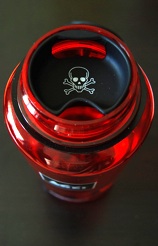
Industry Brainstorms How To Convince Consumers BPA Isn't The Devil
As studies continue to link bisphenol-A (BPA) with all sorts of health problems, states and cities are banning the chemical from baby bottles and sippy cups and Congress is considering a ban in all food containers. This worries industry groups, who last week held a private meeting to devise strategy to protect the use of BPA. Someone sent the notes to the Washington Post.
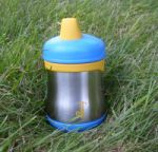
Minnesota Becomes First State To Ban BPA
Minnesota has enacted the “Toxic Free Kids Act,” which will ban bisphenol-A (BPA) in sippy cups and baby bottles. Minnesota joins Suffolk County, New York, which banned BPA earlier this year. Other states and counties, as well as the federal government, are considering bans on the potentially dangerous chemical, which has been linked to all sorts of adverse health effects. The Minnesota ban goes into effect in 2011. (Photo: tiffanywashko)
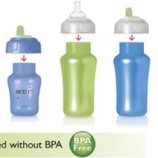
No More BPA Baby Bottles In US?
Philips Avent, the nation’s largest seller of baby bottles, announced today that it will voluntarily stop selling bottles containing the controversial chemical bisphenol A (BPA). Attorneys general from Connecticut and New Jersey had written a letter to several bottle makers asking them to stop, and the Washington Post says the six largest baby bottle manufacturers in the country have voluntarily complied.
../..//2008/06/20/its-been-a-few-weeks/
It’s been a few weeks without a BPA story, so here goes: Four parents in Ohio have sued Evenflo, Avent America, Handicraft, Playtex Products, and Novartis for using bisphenol A in their baby products. They’re seeking class action status. [Washington Post]
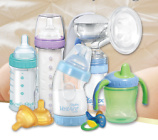
Woman Sues Playtex Over Bisphenol-A
A woman in Arkansas has filed a federal lawsuit against Playtex Products over their use of BPA in plastic baby bottles, claiming that the company “failed to adequately disclose that its plastic bottle products are formulated using BPA,” according to MSNBC. The suit is seeking class action status, which would make it the second BPA-related class action lawsuit after the one in California against Nalge Nunc International (the makers of Nalgene bottles)—although the chemical is still not classified as toxic in the U.S.
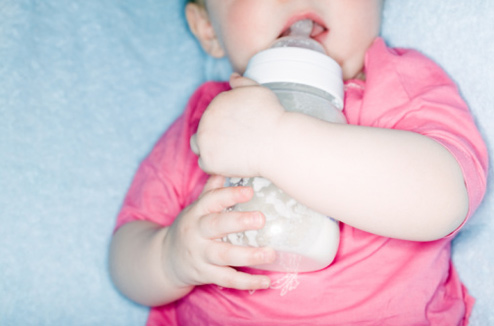
Should Companies Replace BPA Baby Products In The U.S.?
There’s nothing official about BPA in the U.S. (yet), and there’s no legal reason (again, yet) for a company to refund or replace any products that have BPA in them.
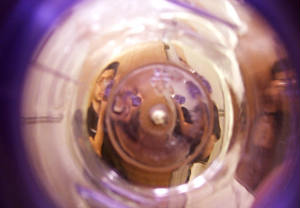
Canada May Become First Country To Classify BPA Toxic
Canada is about to become the first country to declare bisphenol-a (BPA)—used in baby bottles, drink containers, and as a liner in cans—a toxic chemical, reports the New York Times. An anonymous source has said that the work by Canada’s chemical review program to list BPA as a toxic chemical “was complete and was recently endorsed by a panel of outside scientists.” The announcement is expected any time between today and the end of May.


